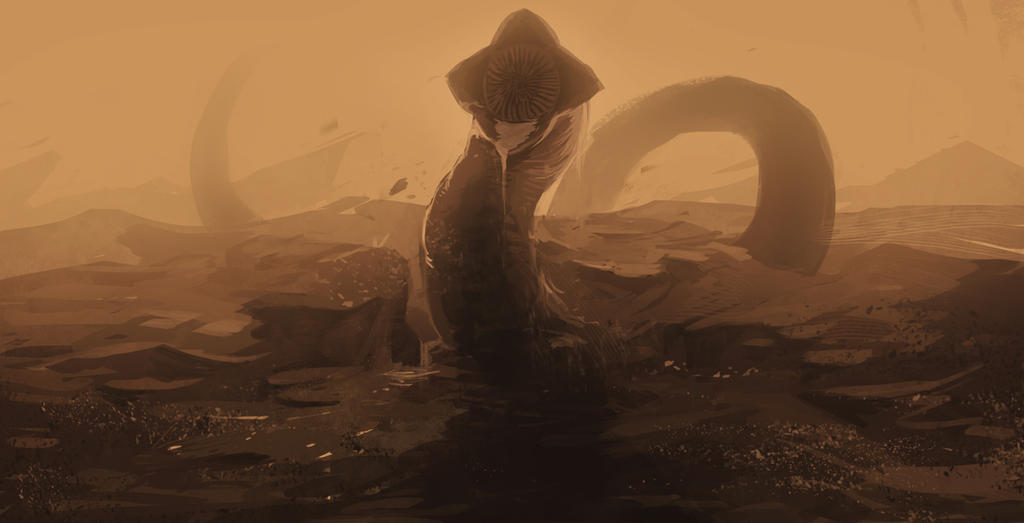
Worms extracted from frozen sediment in Russia and estimated to be 32,000 to 42,000 years old have come back to life, according to scientists in the US and Moscow.
Two samples of frozen soil out of 300 drawn from the ground in Siberia "were shown to contain viable nematodes" which could move and eat.
Nemotodes are microscopic roundworms that can inhabit a broad range of environments, including deep below the Earth's surface. The surviving prehistoric insects were drawn from ancient rodent burrows in the Duvanny Yar outcrop in northeast Siberia and from ice deposits near the Alazeya River in the Yakutia region. They were stored in petri dishes at -20 degrees Celsius in a lab before being 'thawed' over the course of several weeks.
"It is obvious that this ability suggests that the Pleistocene nematodes have some adaptive mechanisms that may be of scientific and practical importance for the related fields of science, such as cryomedicine, cryobiology, and astrobiology."
https://www.google.com.pe/amp/www.e...orms-42-000-years-after-they-froze-in-siberia






